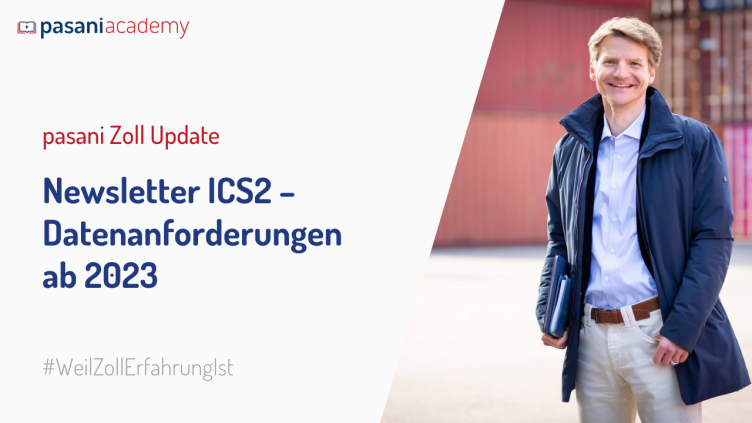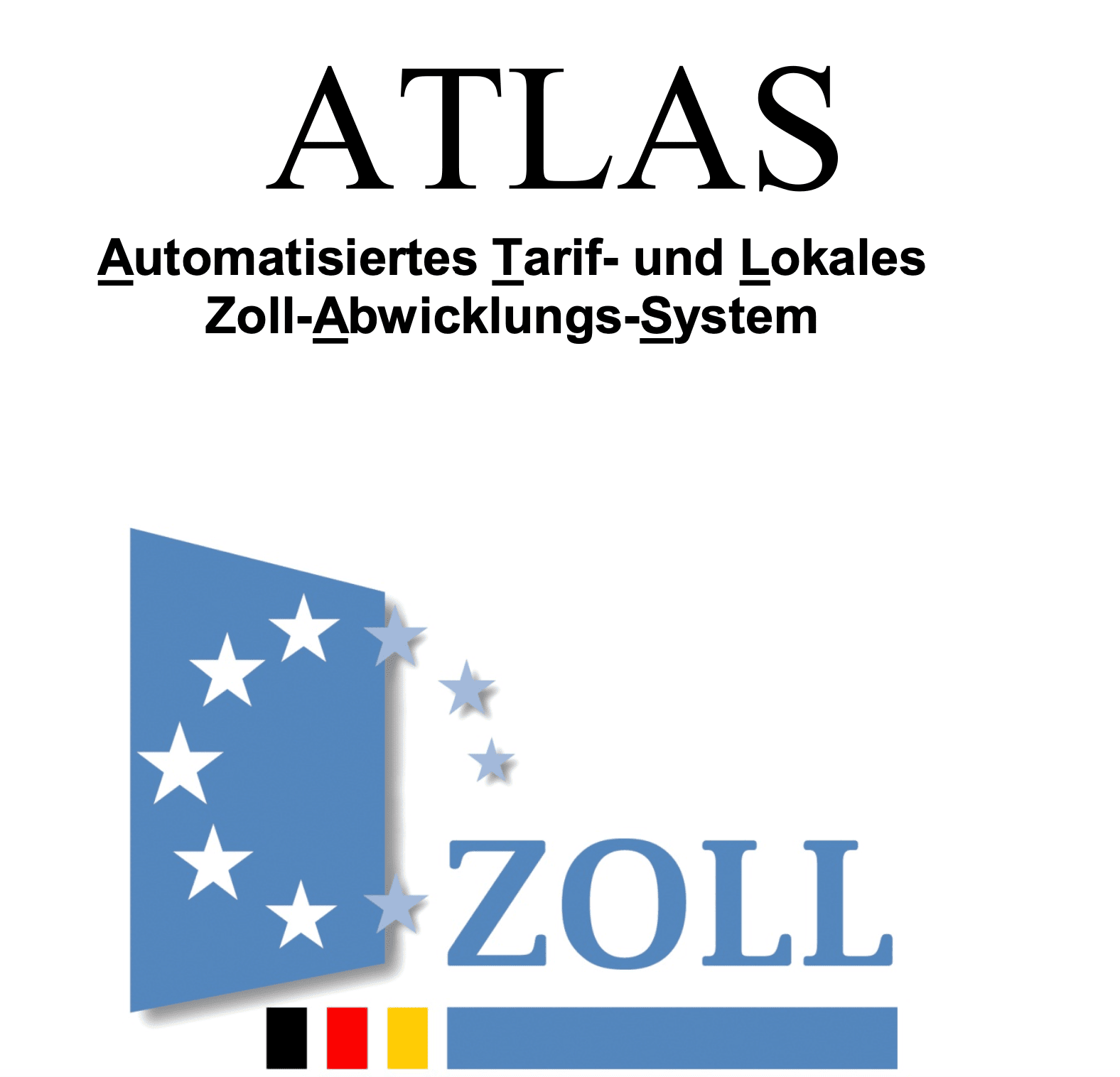ICS2 – Data requirements 2023

Dear customs community,
As I have received a lot of follow-up questions after my post on ICS2 here on LinkedIn, I would like to dedicate this newsletter to ICS2 once again and provide you with some more background information.
In this article, I would primarily like to discuss how the ICS2 initiative will affect both logistics companies and importers, what deadlines need to be observed for implementation and what data/information will need to be provided in the future. Above all, however, I would like to provide specific answers to the questions I have been asked:
What is the purpose of the EU Commission’s ICS2 initiative?
ICS2 was developed to more reliably protect the European single market and its citizens from threats, while facilitating “legitimate trade”.
As is well known, ICS2 is a new IT system whose functionality is essentially based on analysing security-relevant data at the earliest possible stage to enable the customs authorities to intervene at the right time and in the right place. The modern architecture should also help to facilitate the exchange of information between economic operators and EU customs authorities.
The introduction of ICS2 will be completed in three phases. What changes do we need to be prepared for? What deadlines need to be observed?
Each phase of ICS2 affects different economic operators and modes of transport, with the first phase having already entered into force on 1 March 2021. Economic operators must declare their goods to ICS2 depending on the type of services they provide.
- The first phase concerns express and postal services in air transport (before loading) and came into force on 15 March 2021.
- The second phase affects all air freight as well as express and postal services (in full) and comes into force on 1 March 2023.
- Phase 3 will come into force on 1 March 2024 and will then also affect the sea route as well as road and rail.
For many companies, especially importers, this phase has passed by almost silently. Why is that?
The main reasons for this are likely to be as follows:
- Firstly, the first phase only implemented measures relating to the period before loading. Controls or other measures are therefore generally still implemented in the third country. As a rule, the importer will not be aware of this.
- Phase 1 also initially affects express and postal services – in other words, from the importer’s perspective, external service providers who handle the registration.
- As there are also no interfaces to national systems such as the ATLAS IT procedure (e.g. no registration as a preliminary document), there are no points of contact here either.
The two pieces of information in particular, the consignee’s EORI number and HS code, are not usually available to the carrier. How can it be ensured in practice that the information is available at the right time so that there are no delays in the supply chain?
In fact, the required data elements themselves have not changed much. What is new, however, is the time sequence and the relevant requirements. After all, with ICS2, certain data must be available before loading and transmitted in corresponding declarations. This is precisely where the additional complexity comes from.
Smooth and delay-free processing will therefore require efficient processes more than ever. For some companies, the key could also lie in what is known as “multiple filing”. Different parties in the supply chain can complete the application, but must of course reference each other seamlessly.
As a general rule, of course, the EORI number can usually only be provided by the consignee. However, the 6-digit HS code should also regularly be provided by the exporter. After all, the exporter knows the technical specifications of the goods best.
Who is legally responsible for the accuracy of the data?
The person who submits the application is initially responsible – but in fact anyone else who has provided information is also responsible.
What measures should our readers take to ensure that the introduction of ICS2 goes smoothly?
Firstly, it is necessary to build up the necessary expertise about ICS2 and to fully understand the relevant requirements and innovations. Furthermore, IT systems and processes should be reviewed with regard to the new requirements and adapted if necessary. It will also be essential to check the interfaces to the relevant other parties in the supply chain and, if necessary, to set up the additional exchange of information.
Dear readers, have you already prepared for the introduction of ICS2? How are you dealing with the challenges? I look forward to your comments and a constructive dialogue with you!
